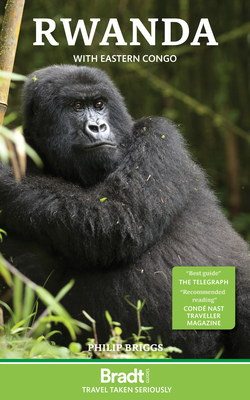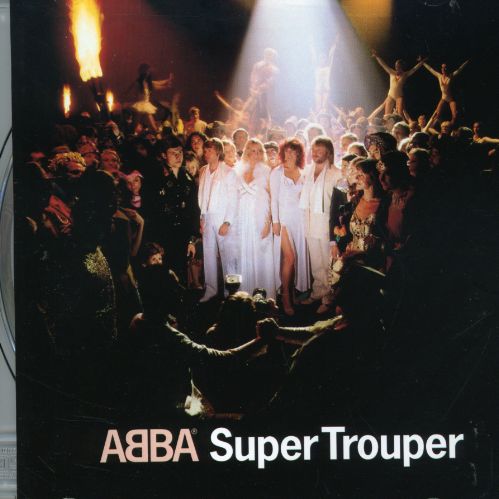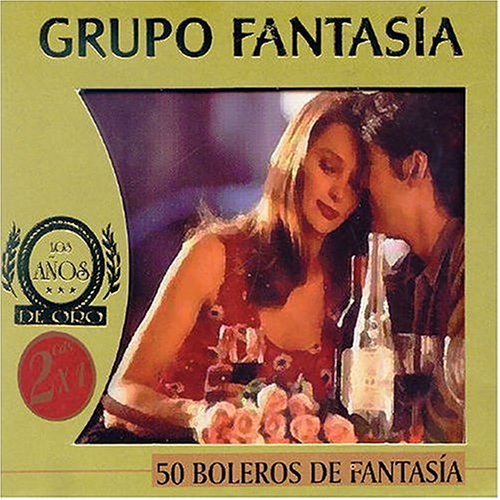
description
exts on the subtle arts of confrontation and victory to emerge from Asian culture. Written not only for martial artists but for leaders in all professions, the book analyzes the process of struggle and mastery over conflict that underlies every level of human interaction. The Book of Five Rings --which has become a well-known classic among American business people, studied for its insights into the Japanese approach to business strategy--was composed in 1643 by the famed duelist and undefeated samurai Miyamoto Musashi. Unlike previous editions of The Book of Five Rings, Thomas Cleary's is an accessible translation, free of jargon, with an introduction that presents the spiritual background of the warrior tradition. Along with Musashi's text, Cleary translates another important Japanese classic on leadership and strategy: The Book of Family Traditions on the Art of War by Yagyu Munenori, which highlights the ethical and spiritual insights of Taoism and Zen as they apply to the way of the warrior.
member goods
No member items were found under this heading.
Return Policy
All sales are final
Shipping
No special shipping considerations available.
Shipping fees determined at checkout.







